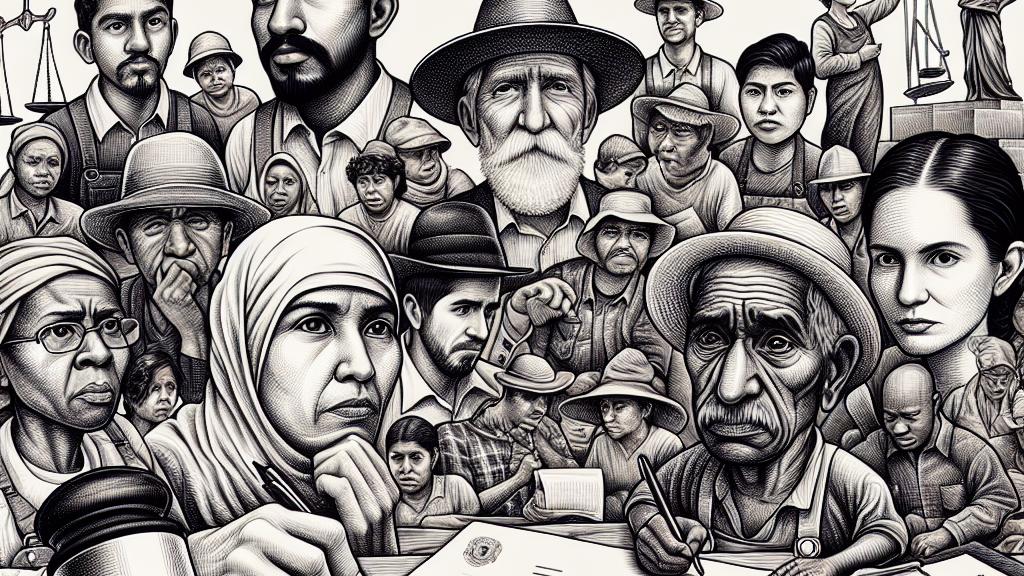Saudi Arabia's New Law: A Lifeline for Migrant Workers or Just Another Mirage?
Overview
- The new domestic workers law in Saudi Arabia aims to improve conditions for migrant labor.
- The Kafala system creates significant barriers, leading to widespread exploitation of workers.
- Experts raise concerns about the law's ability to bring about meaningful change to workers' rights.

Overview of the New Law
In September 2024, Saudi Arabia is set to implement a new domestic workers law designed to enhance protections for its substantial migrant workforce, currently nearly 4 million strong. While this legislation is touted as a progressive step, many question its potential effectiveness given the histories of ineffective enforcement in labor laws. Core concerns persist, including the absence of a minimum wage, the lack of mandatory overtime pay, and continued exploitation under employer-dominated conditions. Migrant workers often find themselves in precarious situations, making it crucial for the new law to be backed by a commitment to strict oversight and meaningful penalties for violations to ensure that it is not just a symbolic gesture.
The Kafala System: Underlying Issues
The Kafala system is a controversial sponsorship framework that ties migrant workers' legal status directly to their employers, significantly limiting their freedom and prerogatives. This system has resulted in a multitude of human rights abuses, with employers maintaining almost absolute power over their employees’ living and working conditions. Reports of contract violations, physical abuse, withheld wages, and the fear of deportation are common within this framework. Although there have been recent reforms aimed at improving job-switching capabilities for workers, many still feel beholden to their employers due to the system's inherent inequalities. A comprehensive reevaluation of the Kafala system alongside the new law is essential to dismantle the structures of oppression that have historically marginalized these workers.
Looking Toward the Future: Potential for Real Change
As the launch of the new law draws closer, the key question remains: will it genuinely serve as a breakthrough for migrant workers, or will it perpetuate a cycle of exploitation? For the legislation to translate into real benefits for workers, robust implementation strategies must be established. This includes training for labor inspectors, accessible reporting mechanisms for abuses, and a system for regular audits of working conditions. Additionally, Saudi Arabia could learn valuable lessons from countries like Thailand, where significant improvements in domestic worker protections have been enacted through comprehensive legal reforms and public campaigns that advocate for workers' rights. Realistically addressing these systemic issues will not only help migrant workers but also enhance Saudi Arabia's global reputation regarding human rights. Without actionable changes, the new domestic workers law may only stand as an empty promise amidst a challenging landscape.

Loading...